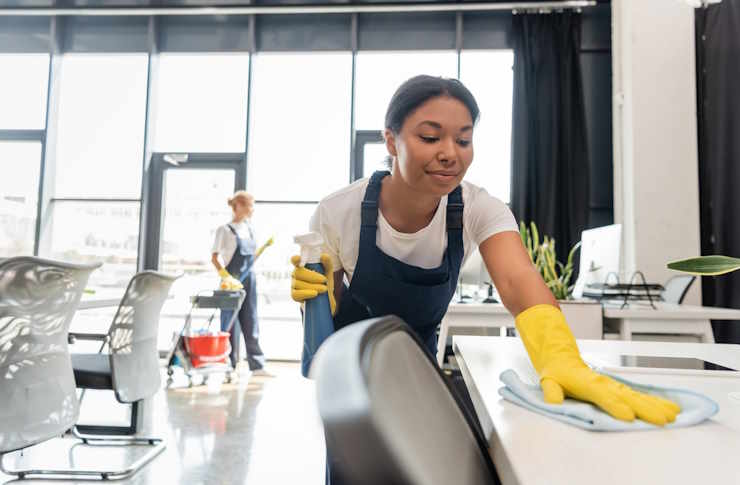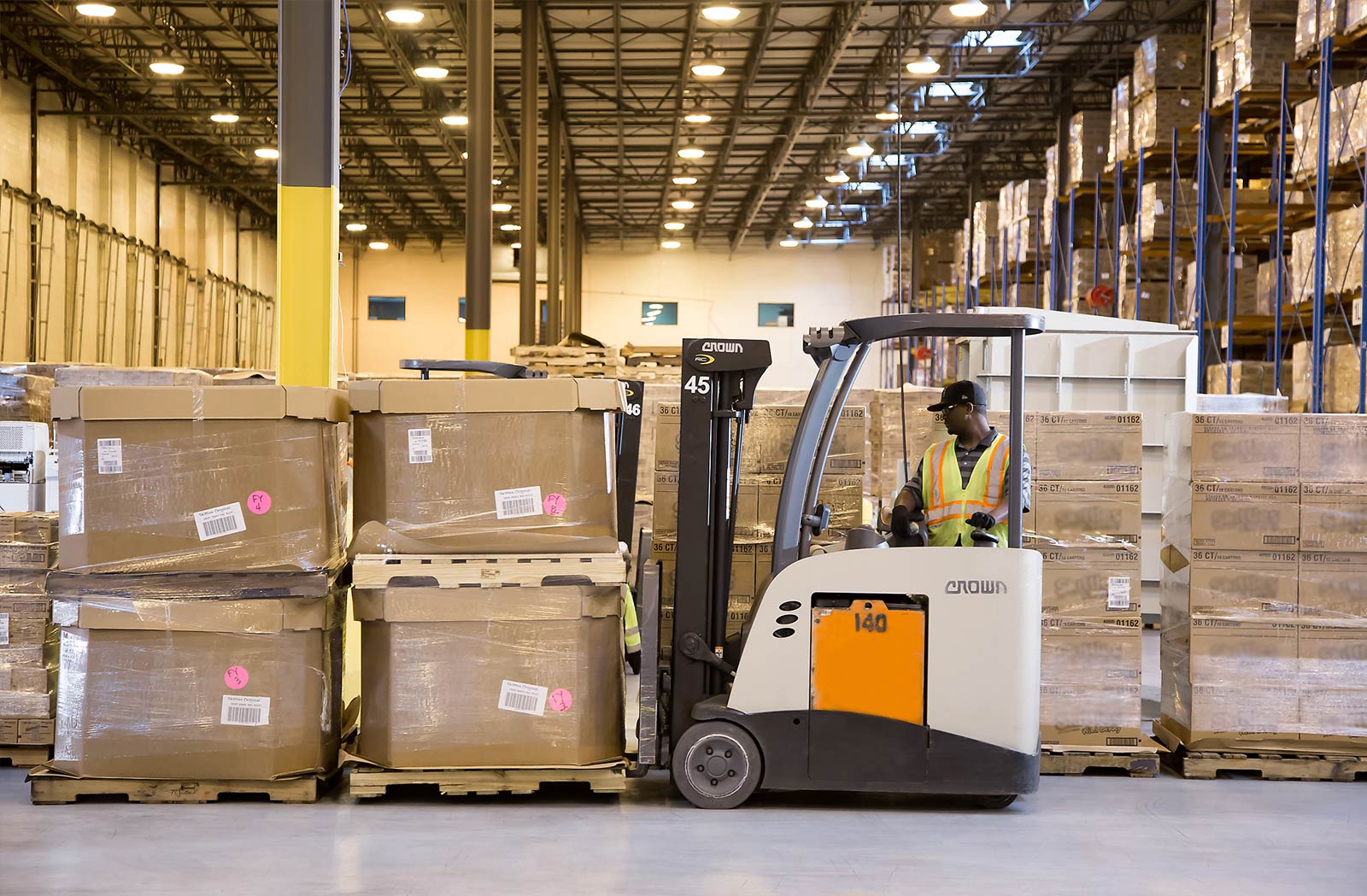Cleaning Services in the United Kingdom: Service Types, Site Standards, and What to Check Before You Choose
Professional cleaning services across the United Kingdom offer diverse solutions for residential and commercial needs. From domestic housekeeping to specialised industrial cleaning, understanding service categories, quality standards, and provider credentials helps ensure you select appropriate cleaning support. Whether you require regular maintenance cleaning, deep sanitisation, or specialised services like carpet or window cleaning, knowing what questions to ask and standards to expect makes the selection process more straightforward.

The cleaning services industry in the United Kingdom encompasses a wide range of professional solutions designed to meet both residential and commercial cleaning requirements. With thousands of registered cleaning companies operating across England, Scotland, Wales, and Northern Ireland, consumers have access to everything from basic domestic cleaning to highly specialised industrial services. Understanding the landscape of available services, industry standards, and key selection criteria helps ensure you choose a provider that meets your specific needs and expectations.
What Types of Cleaning Services Are Available in the United Kingdom
Types of cleaning services in the United Kingdom span multiple categories, each designed for specific environments and requirements. Domestic cleaning services typically include regular housekeeping, deep cleaning, end-of-tenancy cleaning, and post-construction cleanup. Commercial cleaning encompasses office cleaning, retail space maintenance, healthcare facility sanitisation, and educational institution cleaning. Specialised services include carpet and upholstery cleaning, window cleaning, pressure washing, and industrial cleaning for manufacturing facilities. Many providers also offer niche services such as crime scene cleanup, hoarding cleanup, and restoration services following fire or water damage.
Understanding Dry Cleaning Workflow and Professional Standards
The dry cleaning workflow follows a systematic approach involving inspection, stain treatment, pressing, and labelling processes. Professional dry cleaners begin with thorough garment inspection to identify stains, damage, or special care requirements. Stain treatment involves applying appropriate solvents and pre-treatment solutions before the cleaning process. The pressing stage uses professional equipment to restore garments to their original appearance, followed by proper labelling and packaging for customer collection. Quality dry cleaning facilities maintain detailed records of each garment’s treatment process and any special handling requirements.
Hygiene Practices, PPE, and Site Protocols in Professional Cleaning
Professional cleaning services adhere to strict hygiene practices, PPE requirements, and site protocols to ensure safety and effectiveness. Cleaning staff typically use personal protective equipment including gloves, masks, and appropriate footwear depending on the cleaning environment and chemicals involved. Site protocols include proper waste disposal procedures, chemical storage and handling guidelines, and contamination prevention measures. Many cleaning companies follow industry standards such as those set by the British Institute of Cleaning Science (BICSc) and maintain certifications in areas like infection control and hazardous material handling.
Planning Visit Frequency, Scheduling, and Scope of Work
Determining appropriate visit frequency, scheduling arrangements, and scope of work requires careful consideration of your specific needs and budget. Residential cleaning services typically offer weekly, fortnightly, or monthly visits, while commercial cleaning may require daily or multiple daily services. The scope of work should clearly define which areas will be cleaned, what tasks are included, and any limitations or exclusions. Flexible scheduling options accommodate varying needs, from regular maintenance cleaning to one-off deep cleaning sessions or emergency cleanup services.
Essential Questions to Clarify with Cleaning Providers
Before engaging a cleaning service, several questions help clarify expectations and ensure service alignment. Key questions include asking about insurance coverage and liability protection, staff vetting and training procedures, and what cleaning products and equipment they provide. Clarify pricing structures, payment terms, and any additional charges for special services or supplies. Discuss their policy for handling damages, missed appointments, or unsatisfactory work. Understanding their staff consistency, backup arrangements for regular cleaners, and communication procedures helps establish clear expectations from the outset.
| Service Type | Provider Example | Typical Cost Range |
|---|---|---|
| Domestic Cleaning (2-3 hours) | Molly Maid, Fantastic Services | £15-25 per hour |
| Office Cleaning (per sq ft/month) | Poppies, Churchill Contract Services | £0.05-0.15 per sq ft |
| Carpet Cleaning (per room) | Chem-Dry, ServiceMaster | £25-60 per room |
| Window Cleaning (house) | Pole Position, Crystal Clear | £15-40 per visit |
| End of Tenancy Cleaning | Cleaners to Your Door, Help Me Clean | £150-350 per property |
Prices, rates, or cost estimates mentioned in this article are based on the latest available information but may change over time. Independent research is advised before making financial decisions.
Selecting appropriate cleaning services requires balancing your specific requirements with provider capabilities and reliability. Professional cleaning services offer valuable time savings and expertise, particularly for specialised cleaning tasks or maintaining consistent standards in commercial environments. By understanding available service types, industry standards, and asking relevant questions during the selection process, you can identify providers who deliver reliable, professional cleaning solutions that meet your needs and budget expectations.




